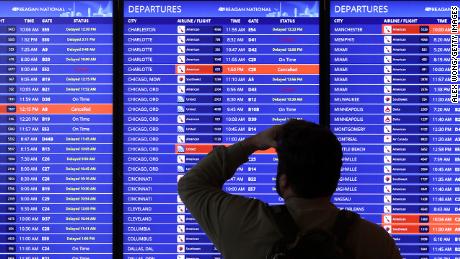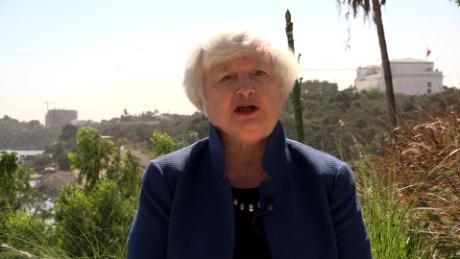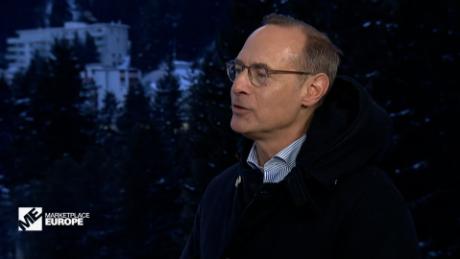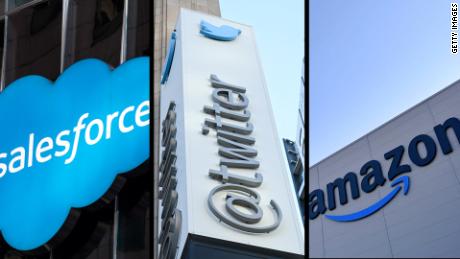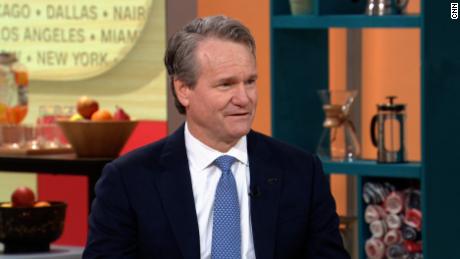Hong Kong (CNN Business)China signaled Tuesday that it could take bigger steps to boost its flagging economy after unveiling what amounted to the slimmest of rate cuts on new loans for companies.
"There is room for us to cut interest rates," said Liu Guoquiang, the deputy governor of the People's Bank of China, while speaking with reporters in Beijing. "But whether we do it or not depends on the economic growth and price conditions."
The central bank will also wait to see what impact an overhaul of monetary policy announced Saturday has on activity. As part of that reform, the PBOC set a new one-year Loan Prime Rate of 4.25% on Tuesday. That's slightly lower than its existing benchmark one-year lending rate of 4.35%, which hasn't changed in years.
The LPR, which will become the new benchmark for banks to price loans, is supposed to better reflect changes in market rates, and has been described by some analysts as a rate cut. But the tweak is unlikely to have a huge impact on the Chinese economy, which is in a serious slump.
"While this should nudge banks to reduce lending rates slightly, the impact on economic activity will be marginal," wrote Julian Evans-Pritchard, senior China economist for Capital Economics, in a report on Tuesday. He added that unlike a benchmark rate cut, this move "will only feed through to borrowing costs on new loans, not outstanding ones."
The upshot: China's central bank "still has work to do," he wrote.
Markets in Asia rallied Monday after the central bank announced the new policy, but didn't move a ton when the actual rate was set. Chinese banks listed in Hong Kong dropped a bit, likely because the move could hit bank lending margins. Property developers also pulled back slightly ŌĆö they had surged a day earlier.
Liu said the new reform isn't mean to replace the country's other monetary policy, adding that it is more of an enhancement.
"We don't expect it to be a one-trick pony and solve all the problems," Liu added.
The central bank's move Tuesday amounts to a slow, steady process, wrote Ken Cheung Kin Tai, chief foreign exchange strategist for Asia for Mizuho Bank in Hong Kong. If policymakers make too dramatic a change, that could hurt banks.
"From the banks' perspective, a gradual migration" to relying on the LPR "will help manage the change in loan demand," he added.
What Tuesday's news could do is take some of the heat off of the central bank from Beijing, which has been clamoring for more drastic measures, wrote analysts from Bank of America Merrill Lynch. But they added that China's economic slowdown will likely renew pressure from the government for cuts to benchmark rates later in the year.
The PBOC will have to balance the calls for more rate cuts with its goal of keeping the Chinese currency stable. Some analysts say it may also want to avoid big headline measures that could draw attention to the extent of the economic slowdown at a politically sensitive time approaching the 70th anniversary of the People's Republic of China on October 1.


